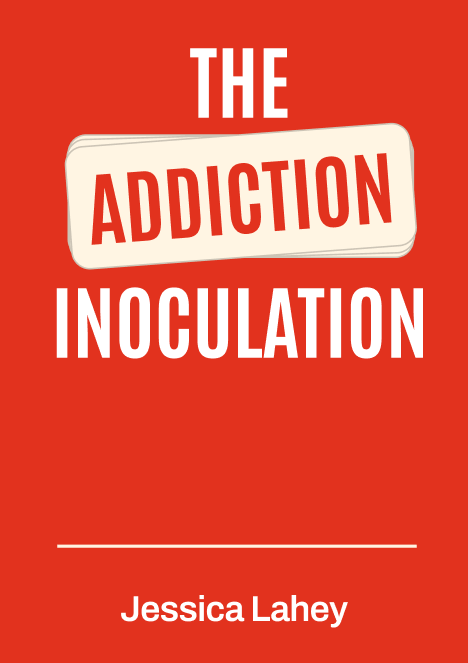People can become addicted to a wide variety of substances, the most common ones are alcohol and drugs, but cigarettes and certain types of medicine, such as opiates, are also addictive. Sooner or later, most people will either try one or more of these addictive substances themselves, or know someone who uses them.
Many of us remember our first sip of alcohol, for example when our parents let us taste their wine at dinner; or when we tried smoking for the first time, either because we wanted to seem older, or because a friend might have persuaded us to take a drag. We might look back at our teenage years and remember smoking a joint, and forgetting about all our troubles. No matter how old we are, or what religion, ethnic group, or social class we belong to, most of us had one or more of these experiences growing up; the problem arises when these ‘one off’ episodes spark the beginning of a vicious cycle of addiction, which is extremely hard to break. We all know the long list of substances that are bad for our health, but many people struggle to stop going back to them again and again, and reminding themselves of the damage being done to their body and mind is not enough to help them resist the strong pull of addiction.
As long as we choose to bury our head in the sand and ignore what is going on around us, there is no way we can fully appreciate the dangers that children and young adults are constantly being exposed to, and this means that we are unable to protect them. Lots of young people take drugs or drink alcohol because they don’t know any other way to deal with their emotions, both joy and pain, and they get high to forget their troubles or celebrate their victories, falling into a pattern that invariably leads to addiction.
This is why the issue requires prevention rather than cure, to provide young people with accurate information on the harmful effects of these substances, increase their Protective Factors, and reduce their Risk Factors.
